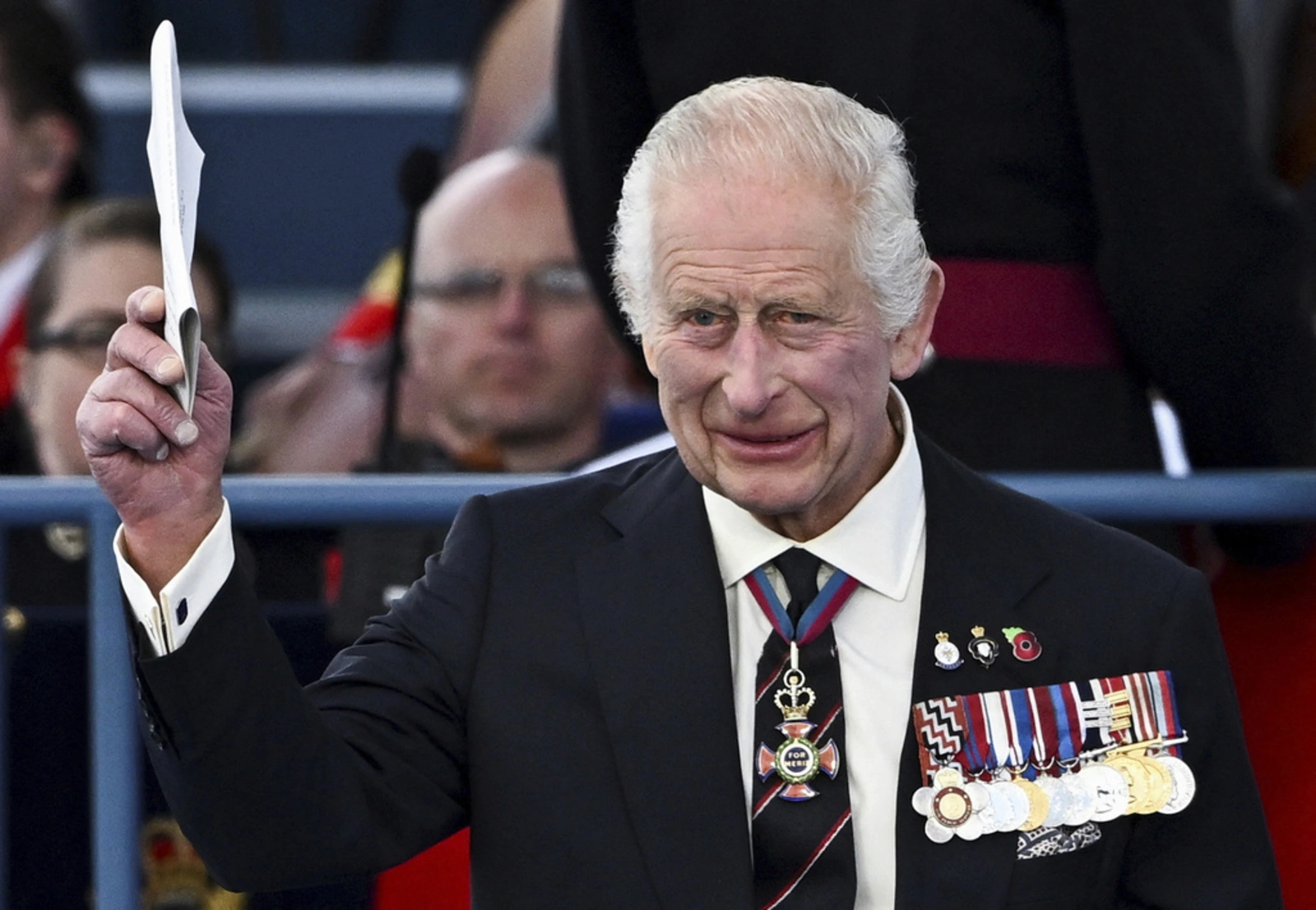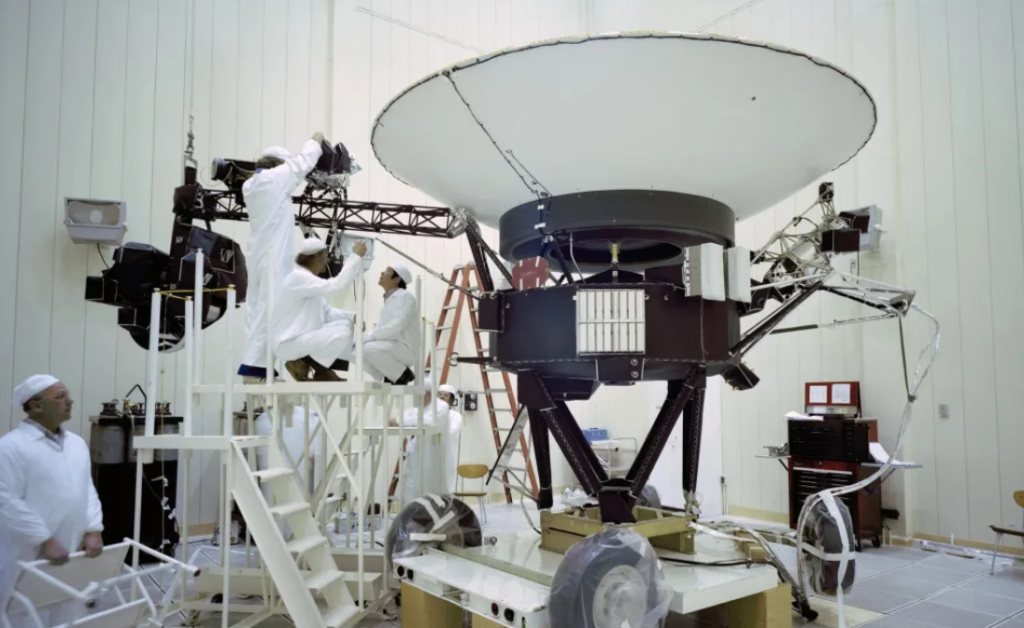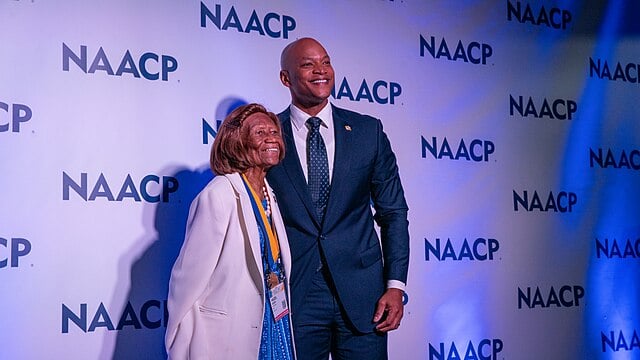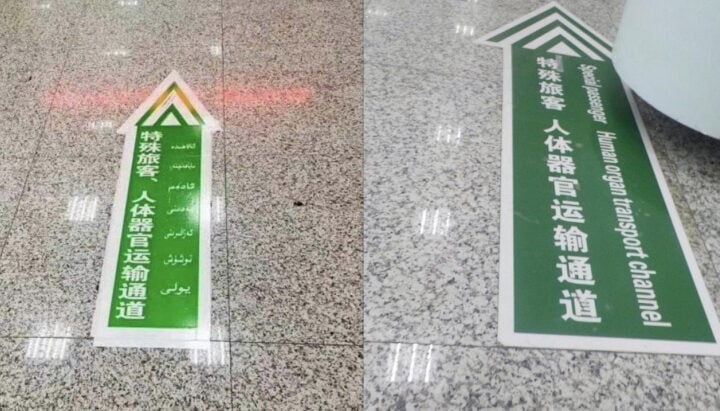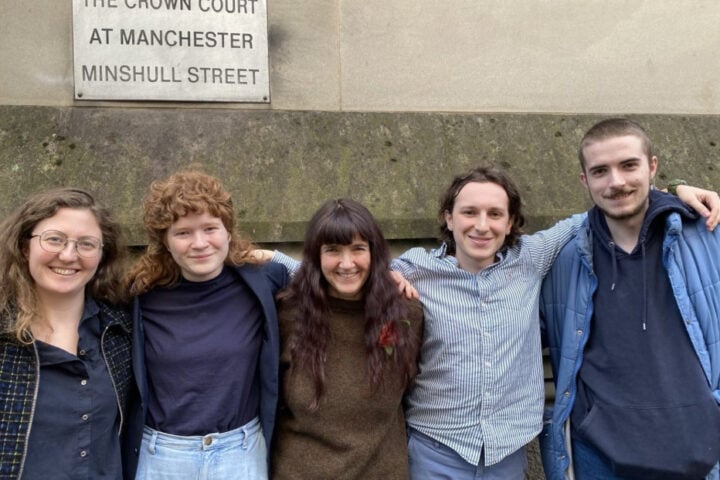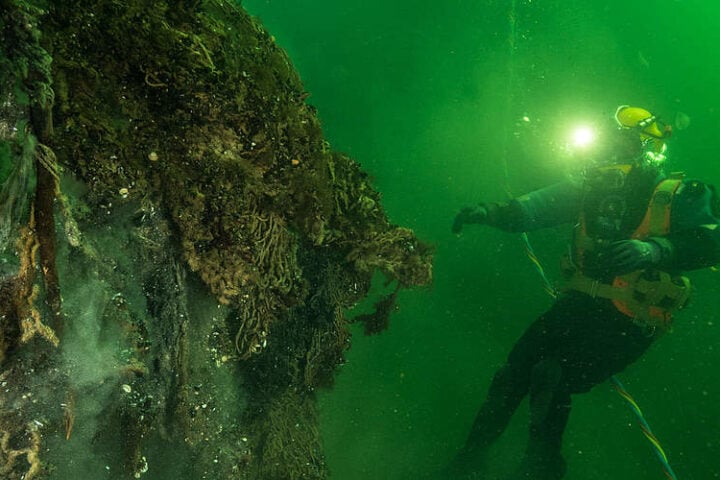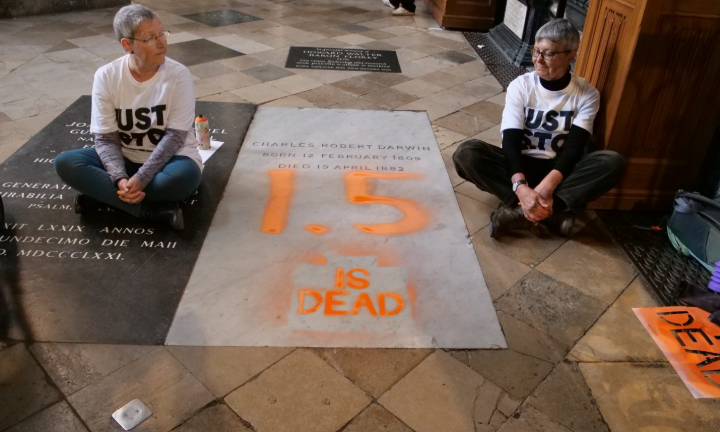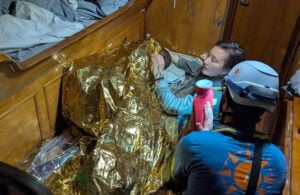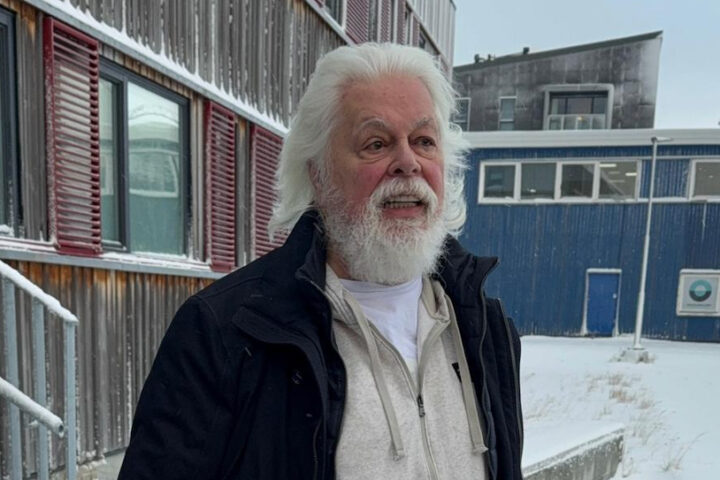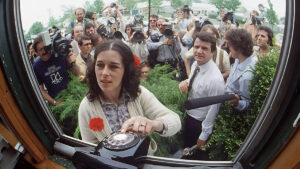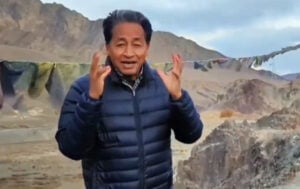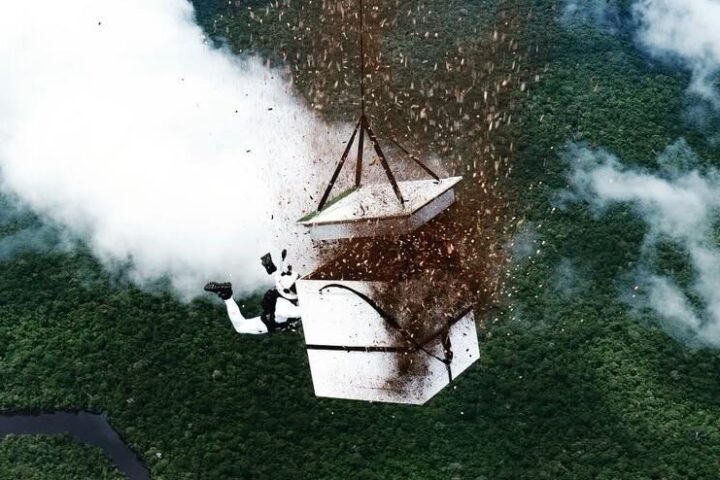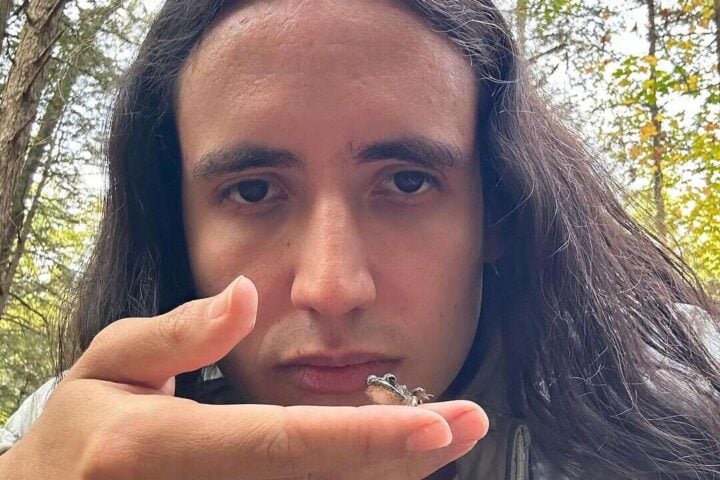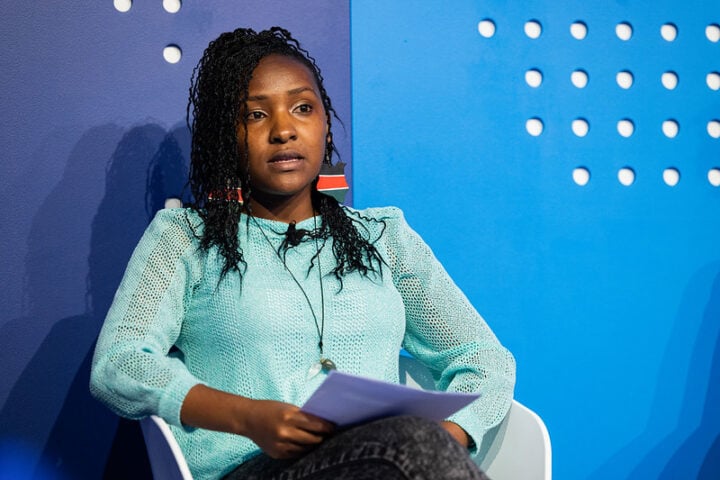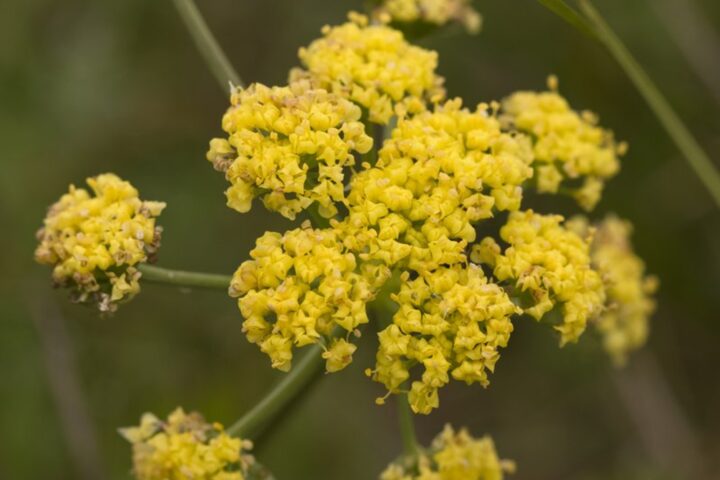An Aboriginal protester was arrested at the Sydney Opera House on Tuesday as crowds gathered to catch a glimpse of King Charles III and Queen Camilla on the final day of their Australian tour.
During King Charles’s visit, Indigenous activist Wayne Wharton was detained in Brisbane after refusing police directions to move and calling out anti-monarchy statements. This followed a related incident where Independent Senator Lidia Thorpe disrupted Parliament, challenging the King’s authority and raising accusations about treatment of Indigenous peoples, resulting in her removal by security personnel. Her actions sparked criticism from fellow parliamentarians and several Aboriginal Australian leaders, who expressed disapproval of her approach.
However, some Indigenous activists have praised Thorpe for bravely bringing attention to historical grievances and ongoing issues faced by Indigenous communities. Thorpe highlighted the need for the return of stolen land, a national treaty between Australia’s First Nations and the government, and the repatriation of Indigenous remains and artifacts taken during colonization.
The mixed reactions to Thorpe’s protest reflect the complex and painful history of British colonization in Australia. The displacement, discrimination, and systemic inequities suffered by Indigenous Australians persist to this day, as evidenced by lower life expectancy, higher incarceration rates, and poorer health outcomes compared to non-Indigenous Australians.
Despite progress in recent decades, much work remains to address these injustices. Historians and Indigenous leaders have long called for formal acknowledgment of past atrocities, meaningful reparations, and the return of stolen land and cultural artifacts. The growing movement for Indigenous rights in Australia seeks not only material compensation but also greater political representation and cultural preservation.
Similar Posts
Wharton’s protest at the Sydney Opera House, met with applause from some onlookers as he was arrested and placed into a police van, underscores the ongoing tension and frustration felt by many Indigenous Australians. As Nellie Pollard-Wharton, who witnessed her father’s arrest, stated, “[We] need to keep resisting so we can have treaties, so we can have our rights heard, so our young people and our men and women in custody stop dying, so that our health outcomes improve… so we can actually self-determine.”
King Charles, who began his day by meeting with Aboriginal elders at the National Centre of Indigenous Excellence in Redfern, has not publicly commented on the protests during his visit. The incident serves as a stark reminder of the unresolved issues and deep wounds that continue to shape Australia’s complex relationship with its Indigenous peoples and colonial past.
As the nation grapples with these challenges, it is crucial to foster open and honest dialogue, listen to Indigenous voices, and take concrete steps towards reconciliation and justice. Over the past 25 years, there have been numerous efforts towards recognition, reconciliation, and reparations for Aboriginal and Torres Strait Islander peoples in Australia, shaped by various reports and processes addressing the impacts of colonization and dispossession.
Key Dates:
- 1991: Royal Commission into Aboriginal Deaths in Custody
- 1995: Proposals for a Social Justice Package
- 1991–2000: Legislated reconciliation process
- 2004: Abolition of ATSIC
- 2009: National Human Rights Consultation
- 2012 onwards: Constitutional recognition consultations
Despite recommendations and initiatives, the Australian Federal Government has struggled with meaningful engagement and ensuring effective participation of Indigenous peoples. Ongoing consultations and processes highlight the continued need for substantial reforms.As per the Australian Human Rights Commission, “The unique place of Aboriginal and Torres Strait Islander peoples is still not recognised in Australia’s constitution, nor are there national agreement-making frameworks or treaties.” Only by confronting its history and working towards a more equitable future can Australia hope to heal the divisions and build a society that truly respects and values its First Nations.
